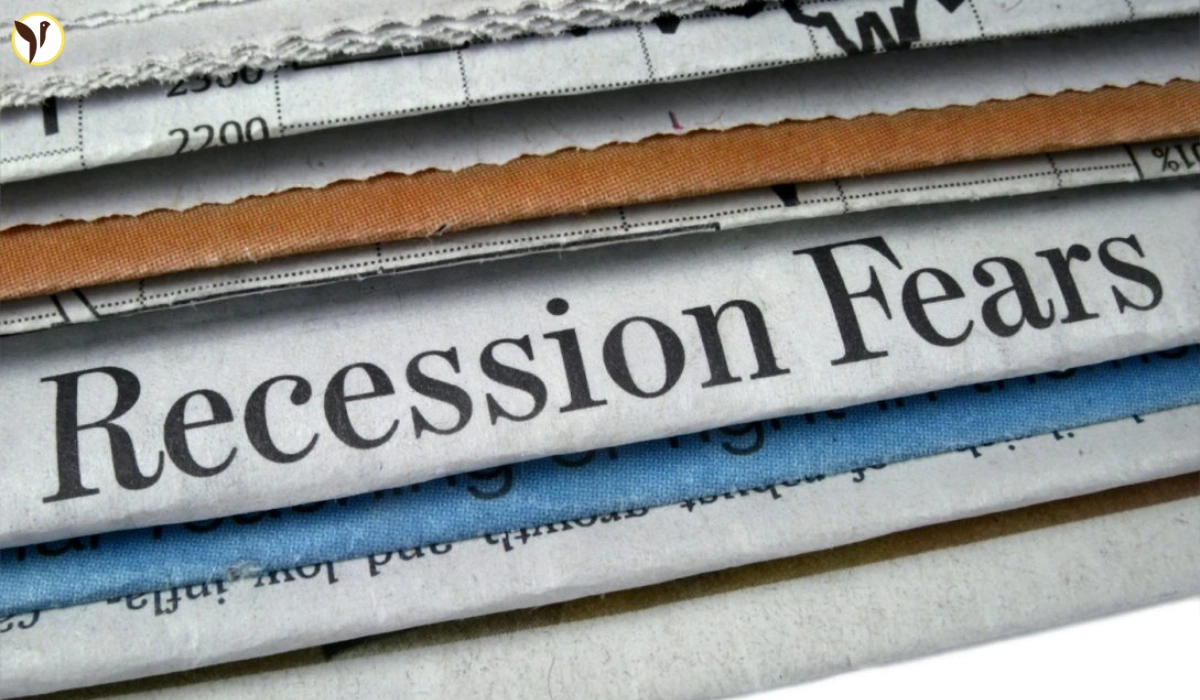Is Canada Headed for a Recession? The Latest Word
So, coffee's brewing, and the big question hanging in the air is: are we about to tumble into a recession here in Canada? It’s a question on everyone's mind, and frankly, it’s keeping *me* up at night. This article dives into the latest economic forecasts, the impact of those pesky tariffs, and what you need to know to navigate this potentially stormy economic climate.
The Experts Are Divided (But Mostly Worried)
Let's be honest, economists aren't exactly known for their crystal balls. But there's a definite sense of unease. Some, like TD Bank's Beata Caranci, are downright gloomy, predicting negative GDP growth for the second and third quarters of this year – that's a technical recession, folks. Others are a bit more cautiously optimistic, suggesting we might dodge the absolute worst, but not by much. BMO's Benjamin Reitzes, for example, forecasts modest growth for 2025 and 2026, but even he acknowledges the huge uncertainty. It's like trying to predict the weather in Canada – you never really know!
Meanwhile, on the US side, opinions are equally split. Citi's Scott Chronert is downright bearish, citing weakening macro conditions and tightening credit. He’s not alone; RBC’s Lori Calvasina is also bracing for more downward revisions to profit forecasts. It’s a messy picture, to say the least.
Tariffs: The Elephant in the Room
One thing almost everyone agrees on? Those darn tariffs are playing a huge role. Caranci estimates current tariffs are around 12%, potentially dropping to 5% by year-end if certain trade deals go through. But the uncertainty itself is killing business confidence – that’s what’s really spooking investors, not necessarily the tariffs themselves. Businesses hate uncertainty. They need clear rules to operate efficiently.
And the effects are already visible. Caranci points to the housing market – a major economic driver in Canada – as a prime example. Sales are down significantly, even with interest rate cuts. It’s simply not reacting the way it usually does. This points to an overall lack of confidence. People are hesitant to buy houses, invest in renovations, or spend money on anything beyond the essentials.
What Does This Mean For You?
So, what can you do? Well, it's a good time to review your personal finances. * Curb unnecessary spending: Stick to the essentials. * Build an emergency fund: Aim for several months' worth of living expenses. * Pay down debt: Interest rates could rise, making debt even more costly.
Don't panic, though. Recessions are a normal part of the economic cycle. While unsettling, they don't last forever. This is a great time to assess your financial situation and plan accordingly. The most important thing is to make informed decisions based on your individual circumstances and risk tolerance. This isn't about fear-mongering, it's about preparation.
The Bottom Line
A Canadian recession is certainly a possibility, but the timing and severity remain unclear. The situation is complex, influenced by global trade dynamics, tariff uncertainty, and shifts in consumer and business confidence. Staying informed, planning ahead, and avoiding knee-jerk reactions will be key to navigating the months ahead. Stay tuned for more updates – and keep that coffee brewing!









